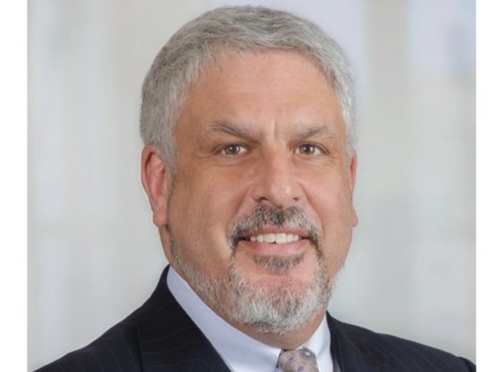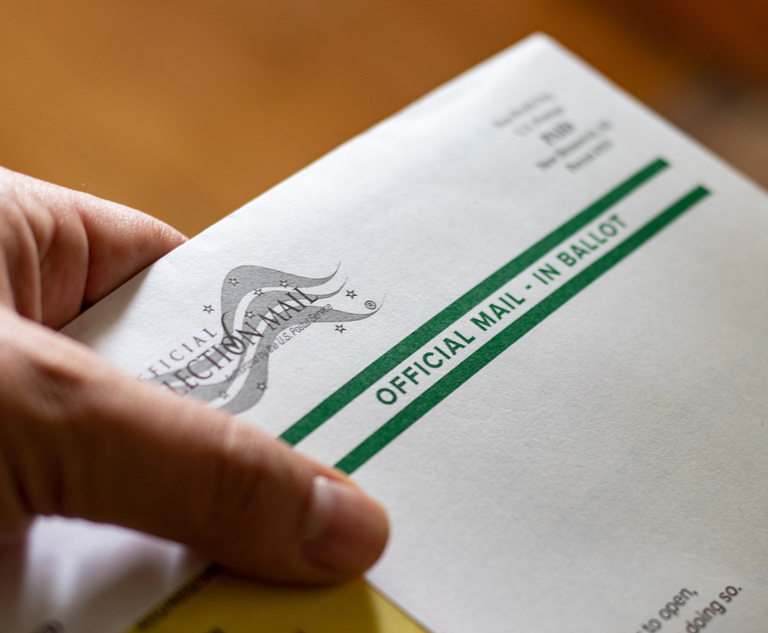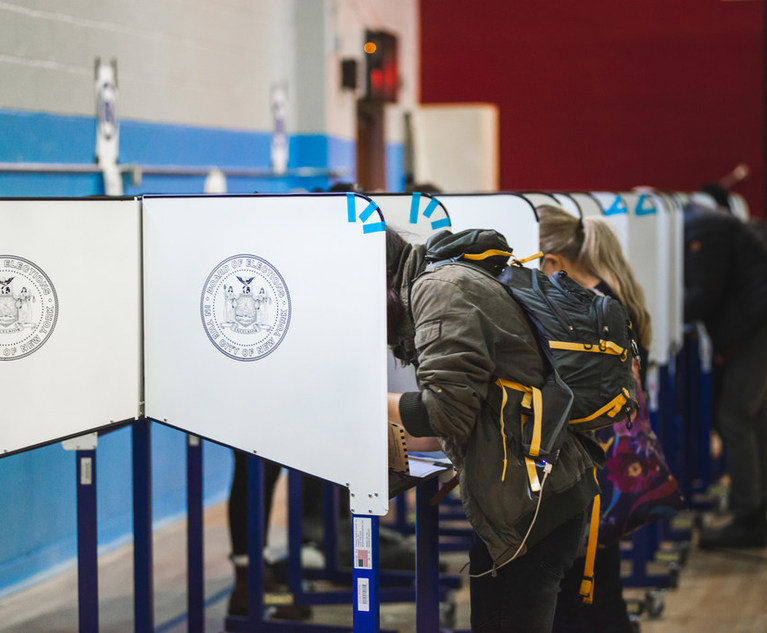With the new Congress, there will be an increasing number of Congressional investigations involving President Trump, his family, and his business dealings. With a Democratic Majority in the House of Representatives, giving Democratic House Committee chairs control over the oversight agenda, and corresponding subpoena power to demand in-person testimony and a broad range of documents, these investigations will be more focused and intense. See Mike Allen and Jonathan Swan, Trump White House Braces for a Caravan of Subpoenas, Axios, Nov. 7, 2018. Additionally, the recent indictments and sentencings of those within President Trump’s circle of advisers, including Michael Cohen and General Flynn, have given Congress added impetus to pursue existing and new investigations aggressively. See Colby Hamilton, Cohen’s ‘Blind Loyalty’ Leads to 3-Year Prison Term, N.Y.L.J (Dec. 12, 2018); Sharon LaFraniere and Adam Goldman, Trump Wishes Michael Flynn Good Luck Before Sentencing, N.Y. Times, Dec. 18, 2018.
Washington may seem far away from New York, but because so much of the President’s personal and business life revolves around New York, Congress’s attention will focus there. As a result, New York attorneys need to be thinking about what to do if, and when, they are contacted by Congress. The U.S. Congress, in its oversight and investigatory role, shares some commonalities with traditional litigation: Subpoenas can compel testimony and document production, they can also conduct deposition-like interviews and initiate contempt proceedings. But the similarities fade there. Most New York lawyers are not familiar with the special process of a Congressional investigation. Some will soon need to be.


 Steven Cash
Steven Cash




